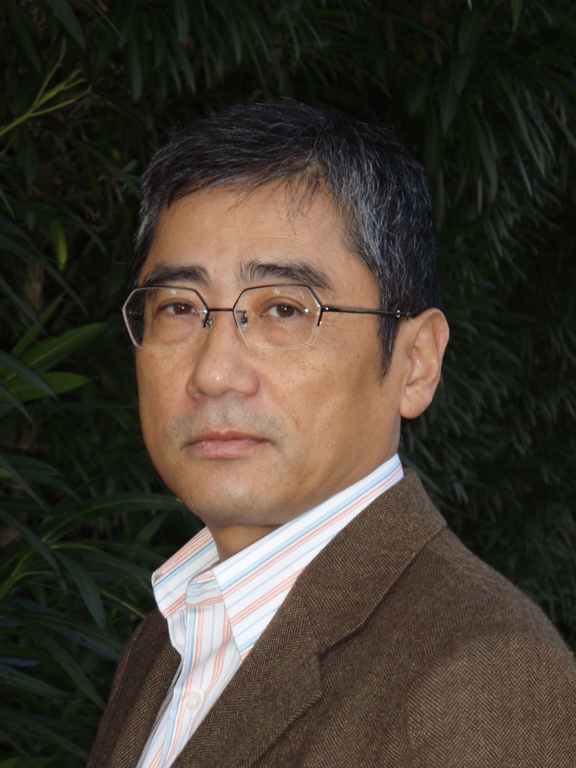
Eiji Kawabata
Abe Fellowship 2010
Project Title
The Politics of Privacy in Japan, Australia, and South Korea: Complex Policy Convergence in the Asia Pacific Institutional Affiliation (at time of award)
Associate Professor, Political Science/Law Enforcement, Minnesota State University, Mankato 